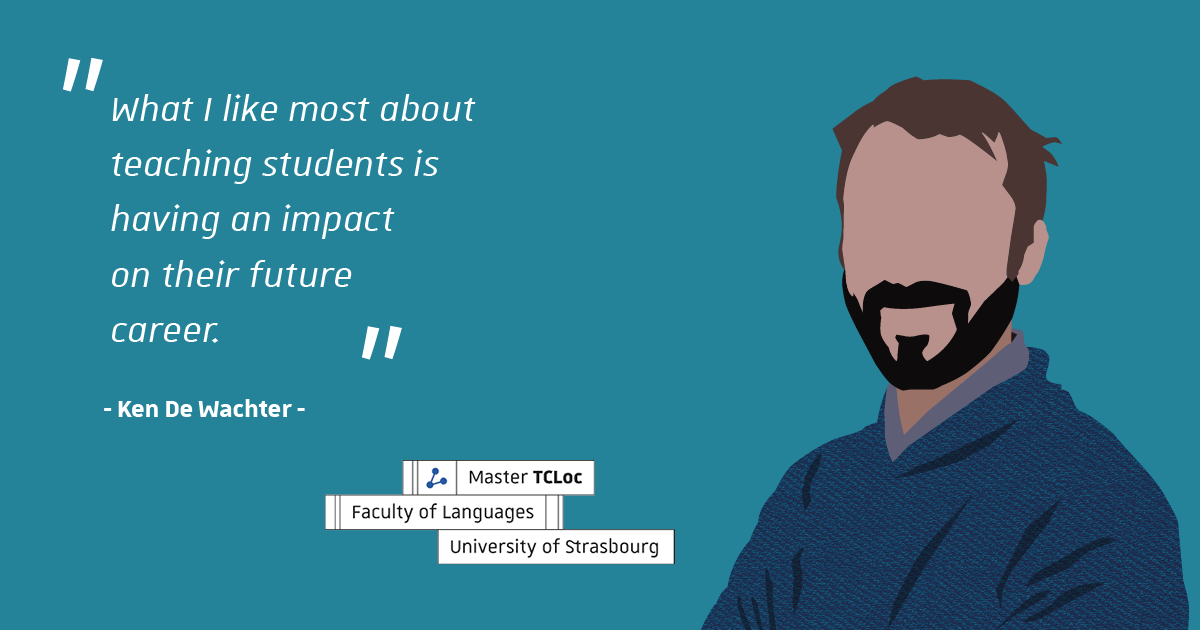On October 1-3, 2019, Proz.com celebrated its annual International Translation Day event, inviting dozens of language professionals to hold live sessions in order to discuss topics related to the translation industry, share their personal experiences, and answer various questions. Among them, Master TCLoc graduate student Rita Pang held a special conference during which she discussed the benefits of continuing education as a language professional. If you missed the presentation and are thinking about pursuing a postgraduate program, you’ve come to the right place!
The benefits of continuing education
Continuing education, which refers to a broad range of post-secondary learning programs, is one of the fastest growing industries in the world. Indeed, there are many reasons as to why translators, interpreters, and technical writers choose to pursue such programs. In addition to obtaining more credentials leading to new career opportunities, it’s also a chance to connect and exchange with other professionals in the same field. As a result, your income flow could become more stable. Rita Pang highlights that, as a freelancer, you often experience dry periods or crazy rush periods, which are quite unpredictable. It’s only natural that you’d want to stabilize your income.
Whether you decide to go back to college for a degree program, or complete online courses (on Proz, Udacity or Udemy) or industry certifications such as the ATA’s, there are many ways to go about continuing your education in order to expand your credentials and be more sought after.
Things to consider when choosing a postgraduate program
In Rita’s case, she first went through a long research process to find the program that best suited her needs and expectations. Using a variety of channels, she looked for affordable, part-time programs that offered unique credentials or courses in her preferred locations of post-study work (Canada and Hong-Kong). “I can’t stress that enough, don’t forget to think about where you want to work after you finish your program, and how relevant will these new qualifications be in the places you want to work. Moreover, it’s very important that you contact the program coordinators, as well as people who’ve already done the program to ask for more details. I personally reached out to many alumnis and faculty members on LinkedIn, and received excellent advice.”
However, if you’re a well-established professional, there are other aspects to consider before starting a new learning experience. The first question you need to ask yourself is whether a degree is absolutely necessary for you to achieve your financial and career goals. “Do I need a degree to prove that I can translate, especially after 9 years of experience and feedback from my clients? But for people who are just starting out in this industry, a degree might really help.” With that in mind, think about whether you can be consistent in your learning schedule, and maybe afford to put your career on hold for a while. Try to think everything through before enrolling in a program!
Continuing education with the TCLoc Master’s Program
Towards the end of her presentation, Rita listed the benefits of enrolling in her final choice, the TCLoc Master’s Program at the University of Strasbourg, France:
- It offers formal training in localization, translation, and technical writing.
- It offers formal software and web language training (HTML, CSS, and PHP), which can be helpful to translators working in desktop publishing.
- It’s part-time, remote, and taught entirely in English (French is not required).
- It enables students to bond with like-minded individuals from different countries through small class teachings.
However, starting a new learning program is not without its challenges. “Juggling time between work and study is not easy. It can be extremely stressful and being consistent with your learning schedule is extremely difficult. TCLoc Master’s Program is remote, and requires a lot of self-discipline. You need to make sure you don’t procrastinate, and you might have to change social habits. It’s all about balance, you have to be organized and treat it like a job!”
If you’re interested in pursuing continuing education in technical communication and localization and have any questions about the TCLoc Master’s Program, feel free to visit our website and reach out to our Program Coordinators to get more information! You can also watch Rita Pang’s interview on our YouTube channel.



